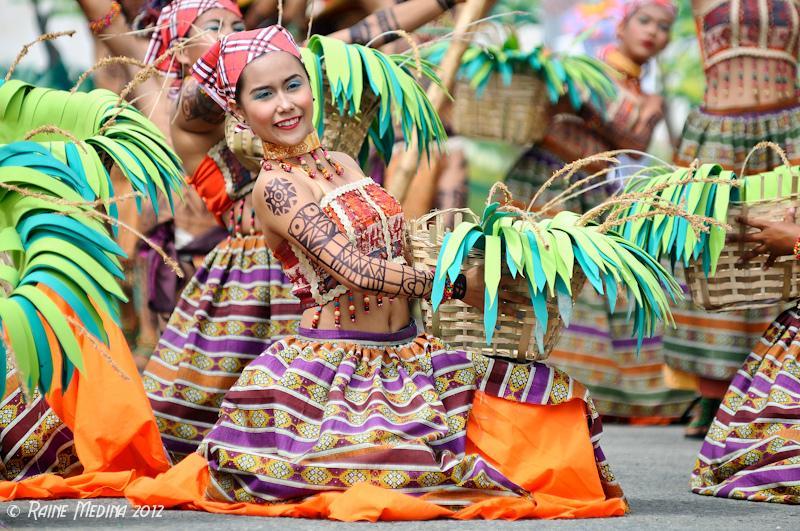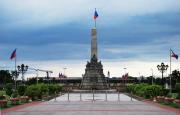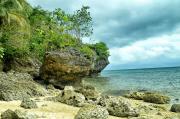
Passi City, also known as the “Sweet City” of Panay, is one of the wealthy cities in the province of Iloilo that showcase the Ilonggo culture by the revitalization of traditional music, arts, and dances. Pintados de Pasi festival is probably one of the finest and most recognized festivals of the regions of Visayas that was well-developed over the years. And this year's celebration coincided with the founding anniversary of the city. It was slated on March 14-18, 2012 with the theme “Kulturang Passinhon: Balikdon kag Palanggaon” which marked the 14th Foundation Anniversary of the city.
Ran by the Passinhon 2000 Inc. in cooperation with the City Government of Passi under the leadership of Mayor Jesry Palmares, this year’s celebration of Pintados de Pasi was lined up with various events including Garden Show & Food Festivals; the Karosa Parada & Carabao Painting Contest; the Grand Coronation Night of the Search for Bb. Pintados; Sinadya sa Suba and the Pinta Lawas; and the Carabao Painting contest. The launching was highlighted by the presentation of the 12 candidates for the Search for Bb. Pintados 2012 and a brief performance of some tribes joining the Tribe Competition. Eight tribes competed for the festival, namely: Tribu Linaw, Tribu Buay-buay, Tribu Halawud, Tribu Pasi, Tribu Inyawan, Tribu Pula-pula, Tribu Hamungaya, and Tribu Pulakan.
Theatrical-like street dancing performances are a celebrated part of the Pintados festivity that is characterized by heavy and aggressive body movements. Here, performers adorned in traditional body tattoo with elaborate geometrical designs in their body, including their arms, legs and torso dramatizes stories in which the towns’ ancestral beings laid down every feature of the area, especially, their way of life.
President Benigno Aquino III has declared March 14, 2012 which fell on a Wednesday as a special non-working day in Passi, Iloilo in celebration of the 14th Foundation Day of the city.





Tattooed on History
The year 1668 marked the coming of the Spaniards in the Visayas region. They found heavily tattooed men and women whom they called the Pintados or “The Painted Ones”. These native people of Leyte and Samar had their own set of cultures, traditions, customs, and lifestyles that were exotic and scary in the eyes of the foreign colonizers. As such, the friars banned their tattoo practices in the 17th century, saying that those were savage and evil.
It was the 1998 when the doors opened for a celebration of Pintados de Pasi festival, acknowledged being an original and spiritually appreciated art form tattooing was in countless cultures around world.


























